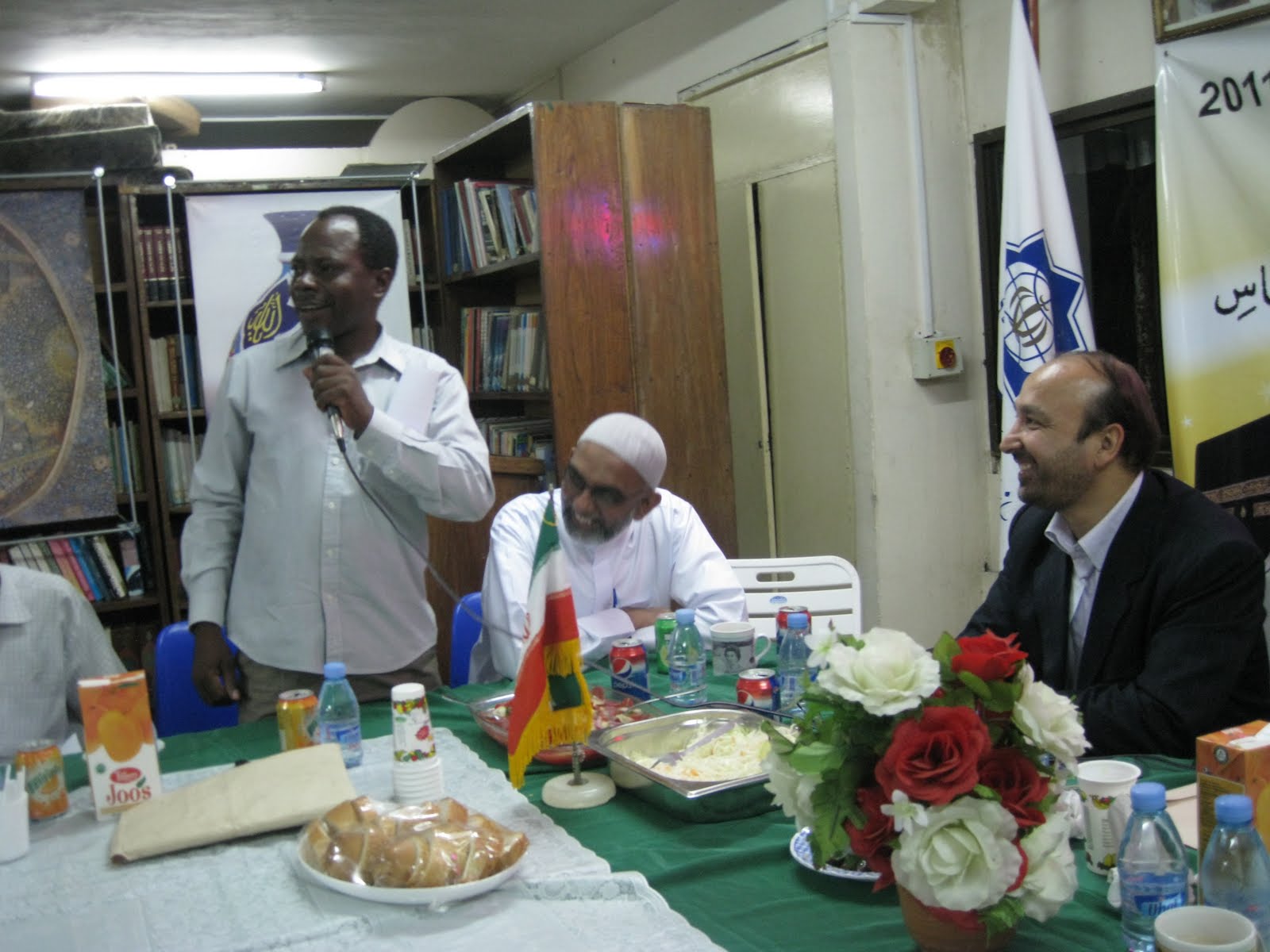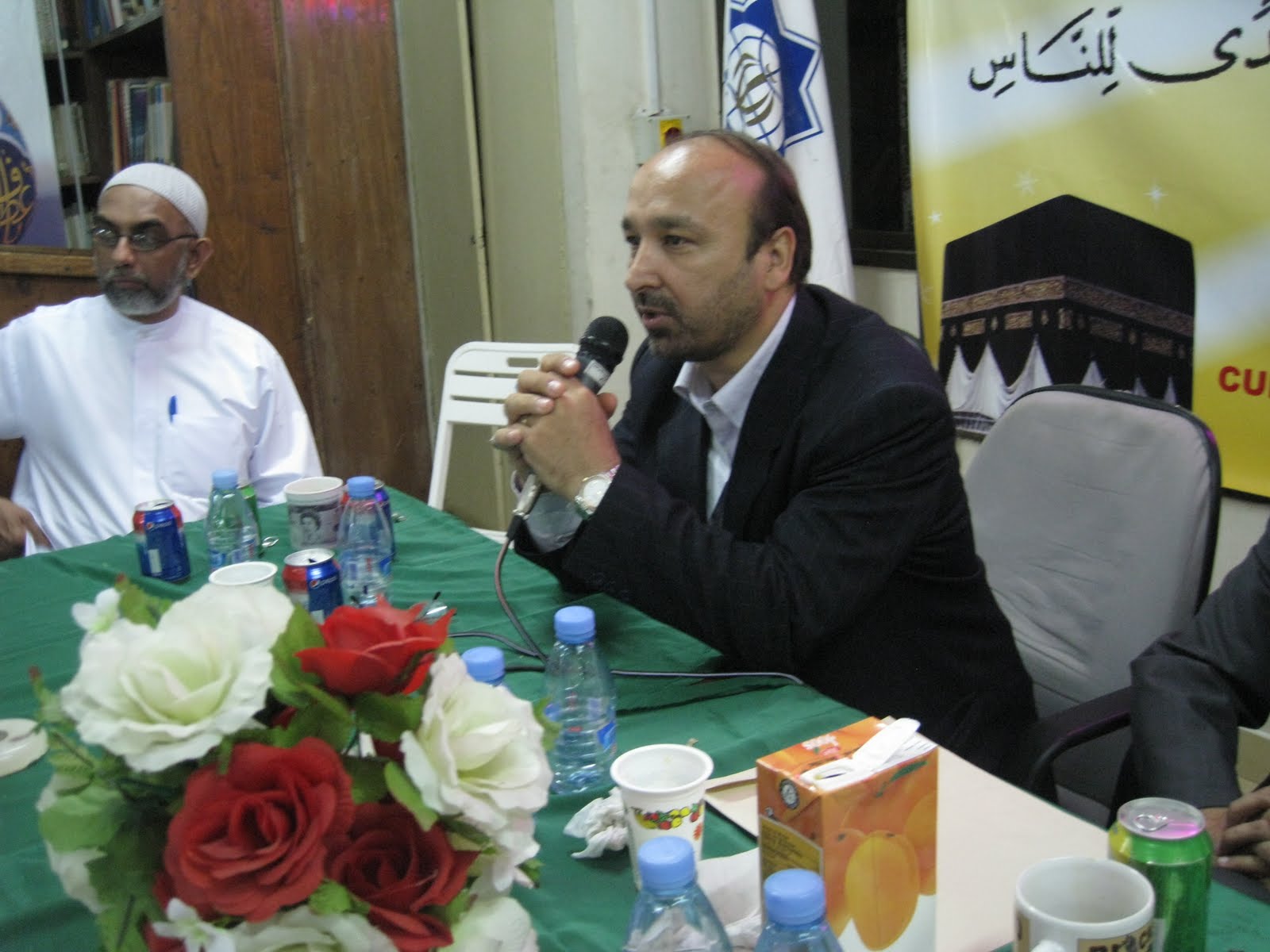THE sovereign government of Libya have been overthrown in a blatant Western armed, sponsored and supported coup by the striking arm of the new imperialism- NATO [North Atlantic Treaty Organization.]
Some six months ago, the French and British governments frantically sponsored a United Nations resolution to so called 'protect the civilians of Libya from its own government.'
Never mind that this sovereign government was facing an armed revolt by a dissident region of the country; never mind that these “rebels” had no legitimacy whatsoever; never mind that the so-called “democratic protesters” were responsible for the deaths of hundreds of black Africans in xenophobic racist pogroms in the year 2000.
None of this mattered. What mattered was that in the turmoil of the so-called “Arab Spring” a heaven-sent opportunity presented itself to the West to get rid of a political thorn in its side, one that was leading the African Continent dangerously close to realizing a greater deal of autonomy than had been afforded under the pretence of Western “aid,” economic advice and structural development.
Gaddafi, his personal flamboyance notwithstanding, has consistently sought to involve his country in unity with first the Arabs and then the Africans.
When Gaddafi proposed pan-Arab unity, he was scoffed at, ridiculed as an ambitious madman and insulted and ignored by the Arabs. He finally and sensibly gave up and turned his eyes to Africa, believing that Africa held out more hope for unity.
While under sanctions by the West, the Africans unswervingly supported Gaddafi. Neslon Mandela upon his release from apartheid’s prisons defied Western sanctions and went overland to visit and thank Colonel Gaddafi for his moral and financial support during the long struggle against apartheid.
Other African leaders followed and regular visits with Gaddafi made the sanctions totally irrelevant.
After the Iraqi war of aggression by the Bush administration broke out, Gaddafi cut a deal with the West, relinquishing his weapons programs, which included nuclear weapons, for re-inclusion in the global economic system.
Still Gaddafi sought to develop African unity and to this end relieved Africa of the burden of paying for satellite usage $500 million annually to Europe.
At his encouragement Africa bought its own satellites and now the continent communicates without relying on Europe. Gaddafi also proposed a single African currency backed by gold which would have sounded the death-knell for the CFA and removed much of France’s influence and power in Africa.
An African Monetary Fund was also in the works, which would have further set Africa on the road to true economic and political independence.
Then there was the Libyan leader’s mooting of a million-man African army.
This was the red line where the West decided to checkmate Libya.
Events surrounding the so-called “Arab Spring” seemed tailor-made for Western plans. Overnight, armed groups showed up in Benghazi and an organized pattern emerged for the overthrow of Gaddafi.
First there was the “concern” for civilian life, always a good tear-jerker [never mind that in Syria Bashar el Assad was openly killing his own citizens], then the French and British stepped in forcing a UN Security Council vote.
Despite senior officials in the US administration dismissing Libya’s strategic importance to US interests, the Secretary of State, Hilary Clinton, pushed her hawkish agenda and dragged the US president on board for this war of blatant aggression.
The coup was underway. The “rebels,” a motley band of weekend thugs were no match for the Libyan army which legally was bound to defend itself against armed insurrection, so Nato [the new nailed fist of 21st century neo-imperialism] unleashed its aerial might, special forces [French Foreign legion commandos, SAS and US Seals] against the legitimate government of Libya.
It was inevitable that sooner or later this lopsided military power would take its toll as Nato bombed Tripoli and other parts of Libya on a daily basis.
When this conflict was forced on the Libyan people, the African Union insisted that there must not be any military intervention, but was soon sidelined and completely ignored by the coup-makers and a compliant Western press.
While a sovereign nation, a member of the AU was being attacked, African efforts to find a mediated solution were completely ignored and ridiculed.
The leaders of Africa who should have denounced with one voice the aggression against an African country cravenly acquiesced with the Nato war, making lame token protests.
What happens in Libya is a harbinger of what the West has in store for Africa. True independence and African unity will not be tolerated.
Africa is too rich in resources that the world needs to be allowed to control its own destiny. This war is not just about Gaddafi. It is an opening salvo in a war to reclaim the continent for foreign interests, just as it was in 1896 in the 'Scramble for Africa.'
African leaders lack faith in their own abilities and in the power of their people. Libya could have been saved, had Africans united and spoken resoundingly to the world, voicing their opposition to this war of aggression.
The AU could have called for the expulsion of diplomats from the Nato countries taking part in the war, they could have urged their citizens into the streets to demonstrate for “hands off Libya.” The oil-producing countries could have slowed down their oil taps, driving up the price of gasoline, they could have protested more loudly.
The same forces which broke Sudan in half are continuing the process of fragmenting Africa into even more manageable, weaker pieces. What will happen after Gaddafi is overthrown? All progressive programmes that he had initiated will be dismantled and the idea of Africa unity repudiated as the dreams of madman.
Foreign economic interests will come in to carve up the pie, instability will take root as in Iraq under the guise of multi-party democracy [which should be anathema to Africans since it has brought more chaos than comfort in its wake] the West will set up permanent military bases to control the Mediterranean Sea and a bridgehead for the re-conquest of Africa will have been established.
This is no fantasy. The West is not prepared to relinquish its hegemony and go quietly into the night. The neo-colonializing of Africa had begun immediately after ‘independence’ with aid programs that created dependencies, French military bases that never closed, structural adjustments, missionaries dividing and spiritually confusing the people, dumping of toxic waste and the signing and enforcement of economic agreements that were never in the interests of the African peoples.
Many African leaders for selfish, mostly pecuniary reasons collaborated with this plunder of Africa, ignoring the will of its peoples. Gaddafi’s removal from power should not be anything to celebrate for Africans, but to mourn, for we are being thrown back into eras when we were truly without freedom.
As this neo-imperialism and neo-colonialism intensifies, it would be ironic if twenty years from now Africans would have to fight all over again the bitter revolutionary wars that ostensibly brought them freedom.




























